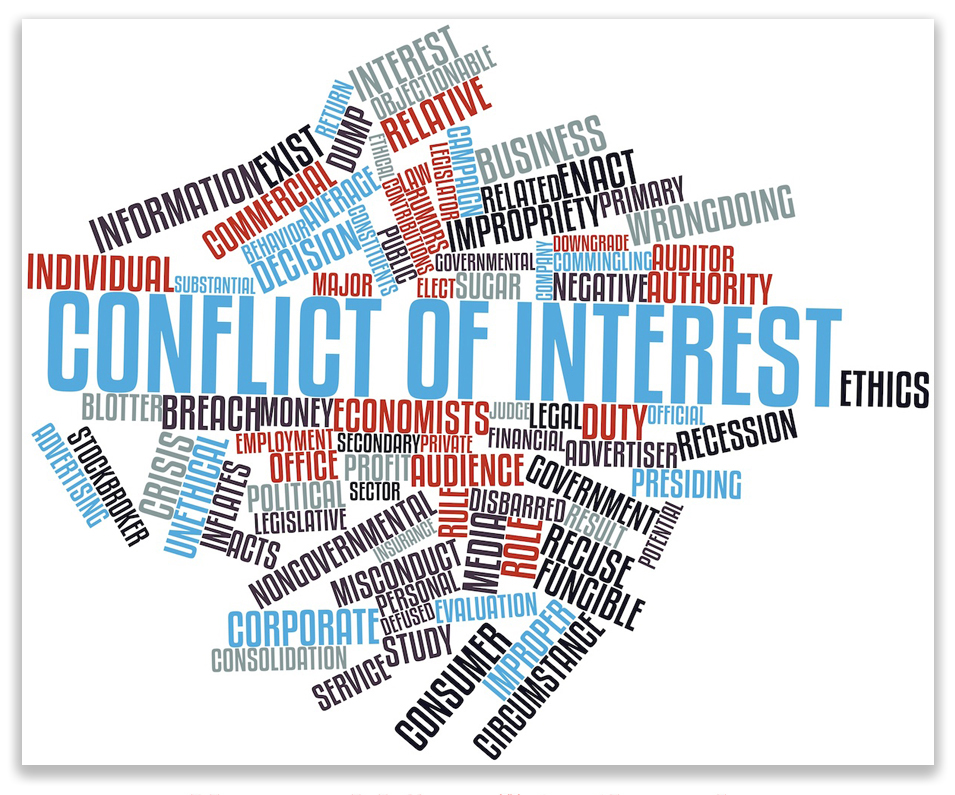We post news and comment on federal criminal justice issues, focused primarily on trial and post-conviction matters, legislative initiatives, and sentencing issues.

A RISKY WITNESS IS RISKY BUSINESS
 Monica Wright was standing trial for a meth conspiracy. She hired Hal Garfinkel, a skilled defense attorney, to represent her.
Monica Wright was standing trial for a meth conspiracy. She hired Hal Garfinkel, a skilled defense attorney, to represent her.
The government had the usual list of underlings who had flipped on Monica ready to testify, the best witness being Joey Deherrera. In his opening statement, Hal made a big deal to the jury running down what he thought the government would have Joey say.
But when it came time for Joey to testify, the government announced he wouldn’t take the stand. While being prepped to testify, Joey told the government that during a meeting a few and warned of a potential conflict: The government wouldn’t say how Joey had changed his position, but it did say that if Hal called Joey to the stand and he testified to being pressured to change say if Joey had changed his story, Hal would have to take the stand to impeach him. Consequently, it was possible that Hal’s decision not to call Joey could be motivated by self-interest and in conflict with Monica’s best interest.
Monica told the court that Hal had explained all of this, but she agreed Joey should not be called and she wanted to keep Hal as her lawyer. But after she was convicted, Monica changed her tune, arguing on appeal that Hal had labored under a conflict of interest.
Last week, the 7th Circuit rejected Monica’s claim. “An actual conflict exists if an attorney is torn between two different interests,” the Circuit held, “or is required to make a choice advancing his own interests to the detriment of his client’s interests.” The first step in proving such a conflict is “establishing the existence of a conflict of interest” and the second is showing an adverse effect from the conflict.
 The 7th ruled there was no actual conflict of interest in Monica’s case. Neither the government nor Hal thought so, just that there might be. Hal told the court that if Joey “is going to testify consistent with the interview last night, I can’t imagine why Miss Wright would want him on the stand. I don’t want him on the stand. I think… that vitiates any conflict.” While not calling Joey might be to Hal’s benefit, the Circuit held, Hal believed it was also in Monica’s best interest. It is evident that the district court agreed. When questioning Monica about how she wished to proceed, the court admitted, “We’re not really sure what [Joey] might testify to.”
The 7th ruled there was no actual conflict of interest in Monica’s case. Neither the government nor Hal thought so, just that there might be. Hal told the court that if Joey “is going to testify consistent with the interview last night, I can’t imagine why Miss Wright would want him on the stand. I don’t want him on the stand. I think… that vitiates any conflict.” While not calling Joey might be to Hal’s benefit, the Circuit held, Hal believed it was also in Monica’s best interest. It is evident that the district court agreed. When questioning Monica about how she wished to proceed, the court admitted, “We’re not really sure what [Joey] might testify to.”
What the government, Hal, and the trial court all seemed to understand, the 7th said, “are the risks inherent in calling a witness who changed his story the night before testifying.” This is true even if Joey could provide potentially helpful testimony to Monica’s defense. Joey’s testimony had suddenly changed in at least one respect — he belatedly accused Hal of pressuring him to change his testimony. That made him an extremely risky witness.”
 The risks associated with calling Joey aligned Monica’s interest with her lawyer’s alleged personal interests. There was no actual conflict of interest because he was not caught between “advancing his own interests to the detriment of” Monica’s.
The risks associated with calling Joey aligned Monica’s interest with her lawyer’s alleged personal interests. There was no actual conflict of interest because he was not caught between “advancing his own interests to the detriment of” Monica’s.
The risks associated with calling Joey also prevented Monica from proving that failing to call him had an adverse effect on her defense. Because Hal had good reason not to call Joey, the Circuit held, “Monica cannot show a reasonable likelihood that his counsel’s performance would have been different had there been no conflict of interest.” As a consequence, Monica’s 6th Amendment claim failed.
United States v. Wright, Case No 22-2922, 2023 U.S.App. LEXIS 28998, (7th Cir. Nov. 1, 2023)
– Thomas L. Root

